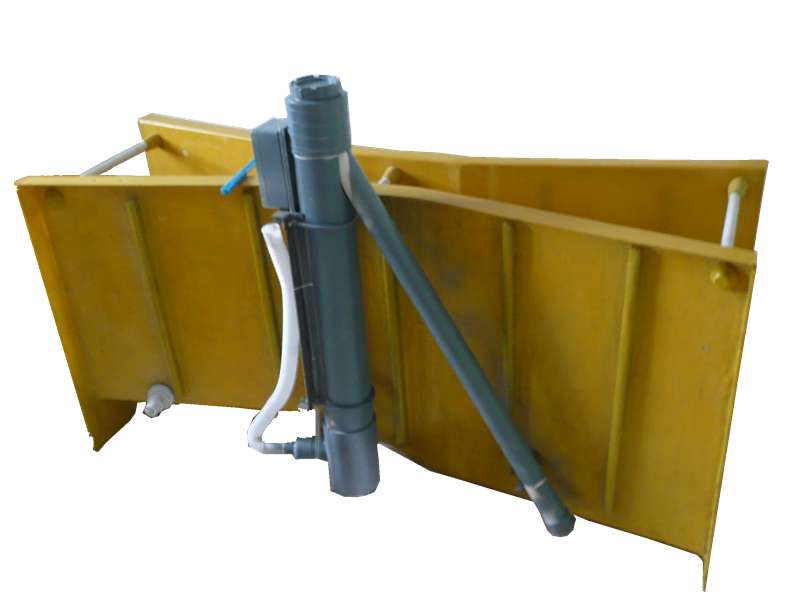
-
 Afrikaans
Afrikaans -
 Albanian
Albanian -
 Amharic
Amharic -
 Arabic
Arabic -
 Armenian
Armenian -
 Azerbaijani
Azerbaijani -
 Basque
Basque -
 Belarusian
Belarusian -
 Bengali
Bengali -
 Bosnian
Bosnian -
 Bulgarian
Bulgarian -
 Catalan
Catalan -
 Cebuano
Cebuano -
 China
China -
 China (Taiwan)
China (Taiwan) -
 Corsican
Corsican -
 Croatian
Croatian -
 Czech
Czech -
 Danish
Danish -
 Dutch
Dutch -
 English
English -
 Esperanto
Esperanto -
 Estonian
Estonian -
 Finnish
Finnish -
 French
French -
 Frisian
Frisian -
 Galician
Galician -
 Georgian
Georgian -
 German
German -
 Greek
Greek -
 Gujarati
Gujarati -
 Haitian Creole
Haitian Creole -
 hausa
hausa -
 hawaiian
hawaiian -
 Hebrew
Hebrew -
 Hindi
Hindi -
 Miao
Miao -
 Hungarian
Hungarian -
 Icelandic
Icelandic -
 igbo
igbo -
 Indonesian
Indonesian -
 irish
irish -
 Italian
Italian -
 Japanese
Japanese -
 Javanese
Javanese -
 Kannada
Kannada -
 kazakh
kazakh -
 Khmer
Khmer -
 Rwandese
Rwandese -
 Korean
Korean -
 Kurdish
Kurdish -
 Kyrgyz
Kyrgyz -
 Lao
Lao -
 Latin
Latin -
 Latvian
Latvian -
 Lithuanian
Lithuanian -
 Luxembourgish
Luxembourgish -
 Macedonian
Macedonian -
 Malgashi
Malgashi -
 Malay
Malay -
 Malayalam
Malayalam -
 Maltese
Maltese -
 Maori
Maori -
 Marathi
Marathi -
 Mongolian
Mongolian -
 Myanmar
Myanmar -
 Nepali
Nepali -
 Norwegian
Norwegian -
 Norwegian
Norwegian -
 Occitan
Occitan -
 Pashto
Pashto -
 Persian
Persian -
 Polish
Polish -
 Portuguese
Portuguese -
 Punjabi
Punjabi -
 Romanian
Romanian -
 Russian
Russian -
 Samoan
Samoan -
 Scottish Gaelic
Scottish Gaelic -
 Serbian
Serbian -
 Sesotho
Sesotho -
 Shona
Shona -
 Sindhi
Sindhi -
 Sinhala
Sinhala -
 Slovak
Slovak -
 Slovenian
Slovenian -
 Somali
Somali -
 Spanish
Spanish -
 Sundanese
Sundanese -
 Swahili
Swahili -
 Swedish
Swedish -
 Tagalog
Tagalog -
 Tajik
Tajik -
 Tamil
Tamil -
 Tatar
Tatar -
 Telugu
Telugu -
 Thai
Thai -
 Turkish
Turkish -
 Turkmen
Turkmen -
 Ukrainian
Ukrainian -
 Urdu
Urdu -
 Uighur
Uighur -
 Uzbek
Uzbek -
 Vietnamese
Vietnamese -
 Welsh
Welsh -
 Bantu
Bantu -
 Yiddish
Yiddish -
 Yoruba
Yoruba -
 Zulu
Zulu
High-Temperature Fiberglass Solutions for Industrial Applications and Performance Needs
Fiberglass Products for High Temperatures
Fiberglass, a composite material made from fine glass fibers, has established itself as an essential material in various industries due to its unique properties. One of its most notable features is its ability to withstand high temperatures, making it an ideal choice for applications that require thermal resistance, durability, and lightweight characteristics. This article explores the significance of fiberglass products in high-temperature environments, their applications, and the benefits they offer.
The Properties of Fiberglass
Fiberglass is composed mainly of silica, which gives it a high melting point, typically between 850°C to 1000°C (1562°F to 1832°F). This property ensures that fiberglass can sustain high temperatures without losing its structural integrity, making it an excellent candidate for demanding applications. Additionally, fiberglass is known for its low thermal conductivity, which means it can effectively insulate against heat transfer. This combination of high-temperature resistance and insulation properties is crucial in several industries, particularly in aerospace, automotive, construction, and manufacturing.
Applications of Fiberglass in High-Temperature Environments
1. Aerospace Industry In the aerospace sector, components must endure extreme conditions during flight. Fiberglass is used in the manufacturing of thermal protection systems, insulation blankets, and composite structures that shield aircraft from heat generated by friction and altitude.
2. Automotive Industry Fiberglass plays a pivotal role in the automotive industry, especially in the production of heat shields and exhaust systems. These components must resist high temperatures while maintaining performance and safety standards. The lightweight nature of fiberglass also contributes to fuel efficiency.
3. Construction Sector In the construction industry, fiberglass insulation is vital in high-temperature applications, such as power plants and industrial kilns. Fiberglass-reinforced plastics (FRP) are used in the manufacturing of pipes and tanks that handle steam and other hot fluids, providing both mechanical strength and corrosion resistance.
4. Electrical Insulation High-temperature fiberglass is extensively used for electrical insulation in devices such as motors, transformers, and other electronic equipment. Its excellent dielectric properties allow it to maintain performance and safety even in elevated temperatures.
fiberglass products for high temperature

5. Industrial Manufacturing In manufacturing processes that involve high heat, such as the production of glass and ceramics, fiberglass products like mats and fabrics are used to protect workers and equipment from extreme heat exposure.
Benefits of Using Fiberglass Products
The use of fiberglass products in high-temperature applications offers numerous benefits
- Thermal Resistance As previously mentioned, fiberglass can withstand elevated temperatures without deforming or failing, ensuring longevity and reliability in harsh environments.
- Lightweight Fiberglass is significantly lighter than metals, which helps in reducing structural loads and contributes to overall efficiency in various applications.
- Corrosion Resistance Fiberglass is inherently resistant to many chemicals and environmental factors, which enhances its durability in applications where exposure to harsh substances is common.
- Cost-Effectiveness Due to its long lifespan and low maintenance requirements, fiberglass products can be more economical in the long run, despite higher initial costs compared to some alternatives.
Conclusion
Fiberglass products are indispensable in high-temperature applications across various industries. Their unique combination of thermal resistance, lightweight nature, and durability makes them an ideal choice for environments where traditional materials may fail. As industries continue to evolve and the demand for effective heat-resistant solutions grows, fiberglass will undoubtedly remain at the forefront, driving innovation and performance in high-temperature applications. By leveraging the benefits of fiberglass, industries can not only enhance safety and efficiency but also contribute to sustainable practices in manufacturing and production.









